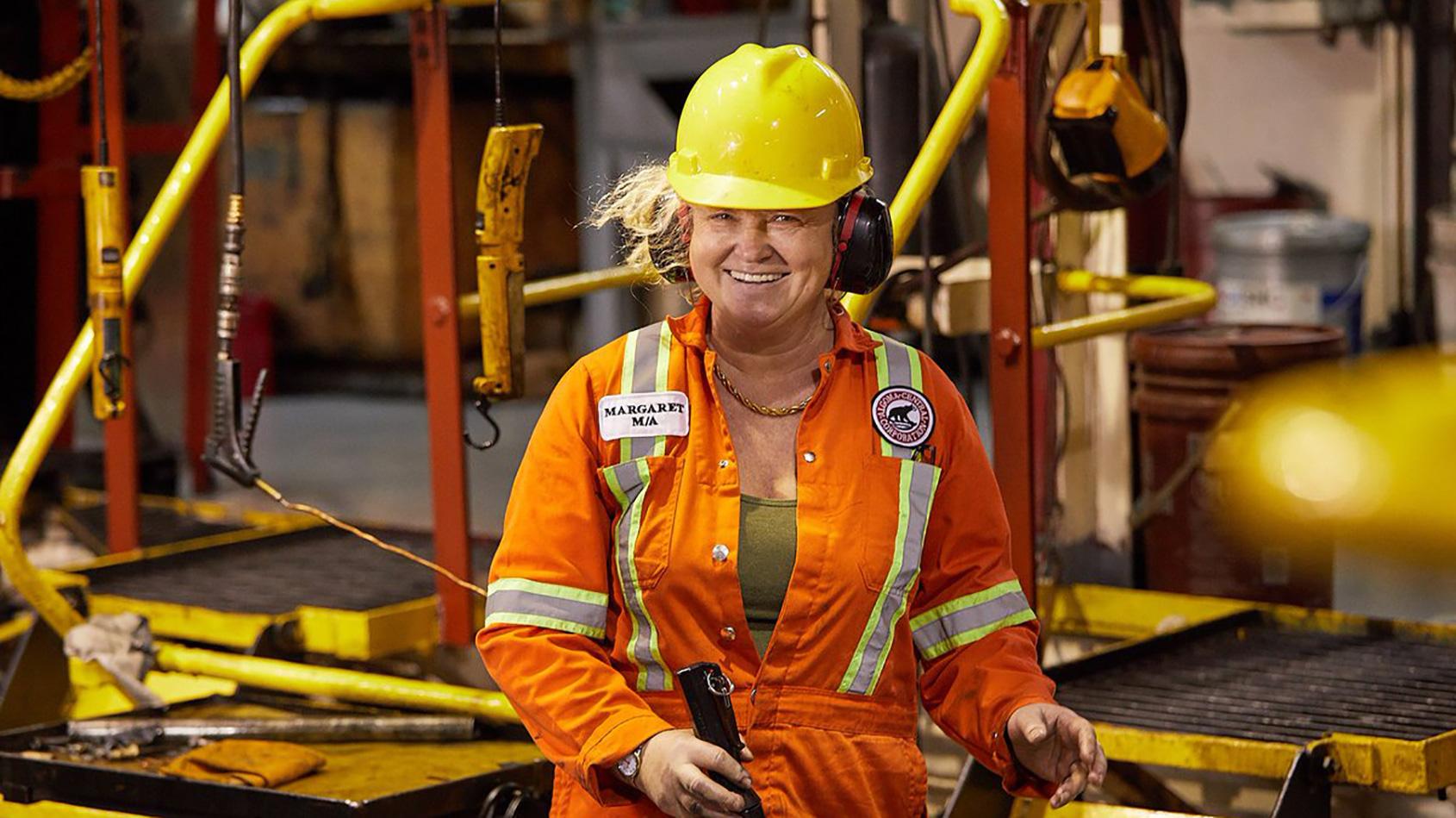
The meeting convened in Geneva, Switzerland was attended by more than 40 countries in addition to social partners from 25 February to 1 March 2019 at the International Labour Organization (ILO).
For the first time ever at an ILO meeting the three spokespeople representing respectively the ship owners, the seafarers and the governments were all women, Kathy Metcalf, President & CEO of the Chamber of Shipping of America, Lena Dyring, ITF Seafarers’ Section Women Transport Workers’ Representative and Mayte Medina, Chief, Office of Merchant Mariner Credential, US Coast Guard.
The three days of discussion raised a raft of issues including those facing cadets and trainees in gaining access to the industry, the discriminatory practice of mandatory pregnancy testing for women seafarers, barriers to women seafarers gaining access to the industry, automation and digitalisation, recruitment and placement, fair treatment on criminalisation of seafarers, abandonment, shore leaves, isolation and mental distress, harassment and bullying, age discrimination, social communication and abandonment.
The meeting concluded that the roadmap ahead would include stakeholders taking a proactive role in ensuring facilitation of:
- shore leave and the establishment of seafarers’ welfare committees;
- cadets, trainees, young seafarers and women to gain the necessary sea time for licencing;
- the repatriation of abandoned seafarers and discharge their obligations in timely manner toward seafarers in case of criminalisation piracy and armed robbery; and
- policies on zero tolerance on bullying and harassment.
In addition, the meeting recommended that the ILO convene a tripartite meeting with the International Maritime Organization (IMO) to consider:
- issues common to seafarers including training and certification;
- the promotion of the ratification of MLC 2006 and the effective implementation of its provisions;
- mapping out the number of women and their distribution in the industry;
- the provision by the ship owner of internet access for seafarers at no or reasonable costs; and
- the social partners and other stakeholders to look at ways to provide seafarers with mental counselling to help with anxiety and depression.
“We came here with an open mind to work seriously with the ILO, social partners and governments to find solutions, and we are pleased that the discussions were mature and specific to provide women and young seafarers with tangible outcomes,” said Lena Dyring, ITF Seafarers’ Section Women Transport Workers’ Representative.
On the mandatory pregnancy testing a legal expert from the ILO described it as a serious form of discrimination which only affects women. "Women seafarers are fully capable of making the best decisions for themselves and their families. Just like women in all other industries, they do not need their employer to make decisions on their behalf about whether or not they should be tested for pregnancy,” said Lena Dyring.
“We were pleased that mandatory pregnancy testing is now considered a discriminatory practice and supported by a large number of governments, a clear message we feel women seafarers deserve to hear loud and clear.
“We are prepared to work with the maritime partners to look at ways to provide assistance to women whose pregnancy requires a shift in their normal work and provide a mechanism which guarantees their re-entry to the industry after giving birth,” concluded Dyring.
The meeting also addressed the major issues young seafarers face when joining the industry which include social communication, shore leave, training and sea time.
“Finally young seafarers, cadets and trainees have been given the attention they deserve,” said Dorotea Zec, ITF Seafarers’ Section Young Transport Workers’ Representative.
“We have asked for a structured campaign to be launched by the ILO with the support of the social partners, and we have looked at the alignment of school and training curriculum to provide the right skills necessary to be the seafarers of the future,” said Zec.
For media enquiries please contact: Luke Menzies +61 (0) 433 889 844
The International Transport Workers' Federation (ITF) is a democratic global union federation of 665 transport workers trade unions representing over 18 million workers in 147 countries. The ITF works to improve the lives of transport workers globally, encouraging and organising international solidarity among its network of affiliates. The ITF represents the interests of transport workers' unions in bodies that take decisions affecting jobs, employment conditions or safety in the transport industry.


Post new comment